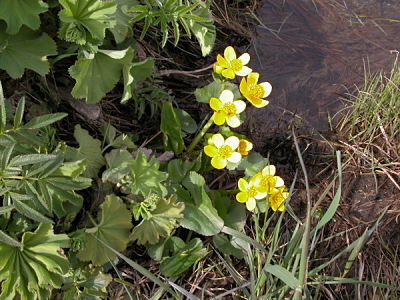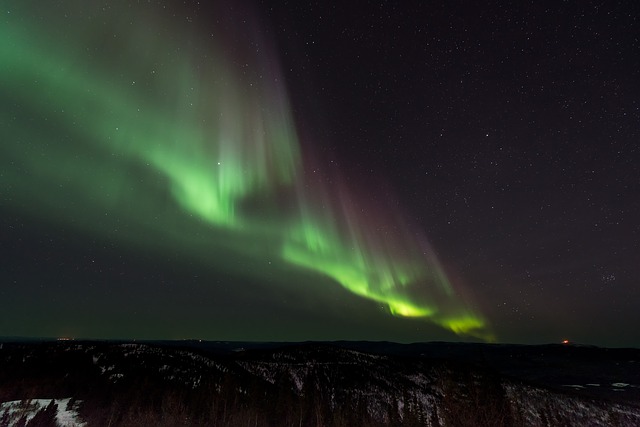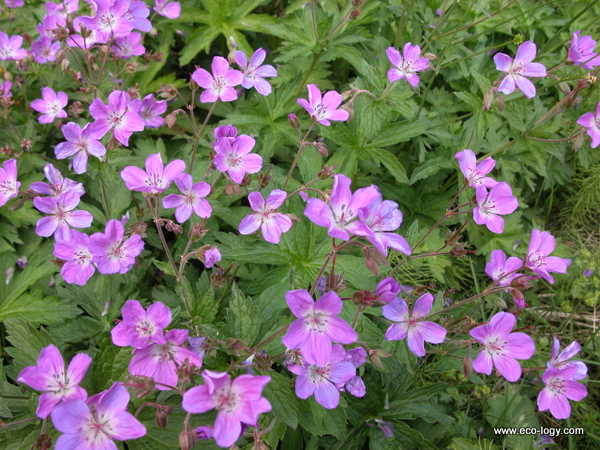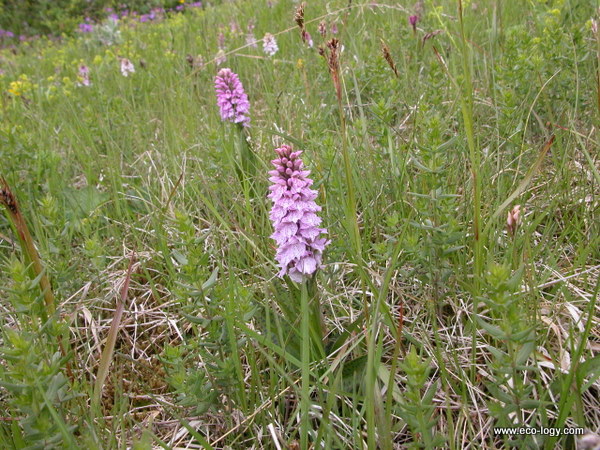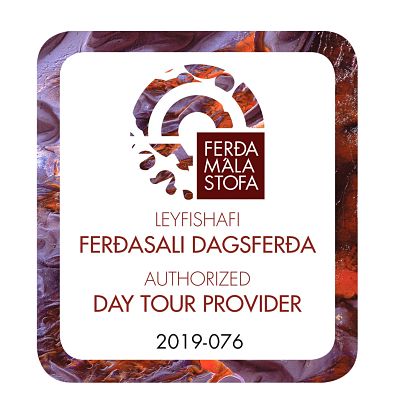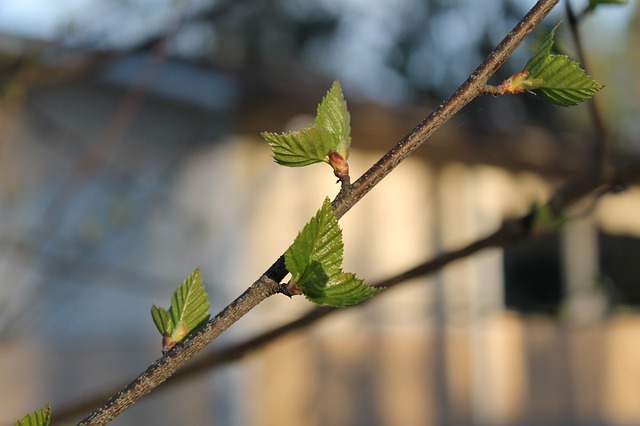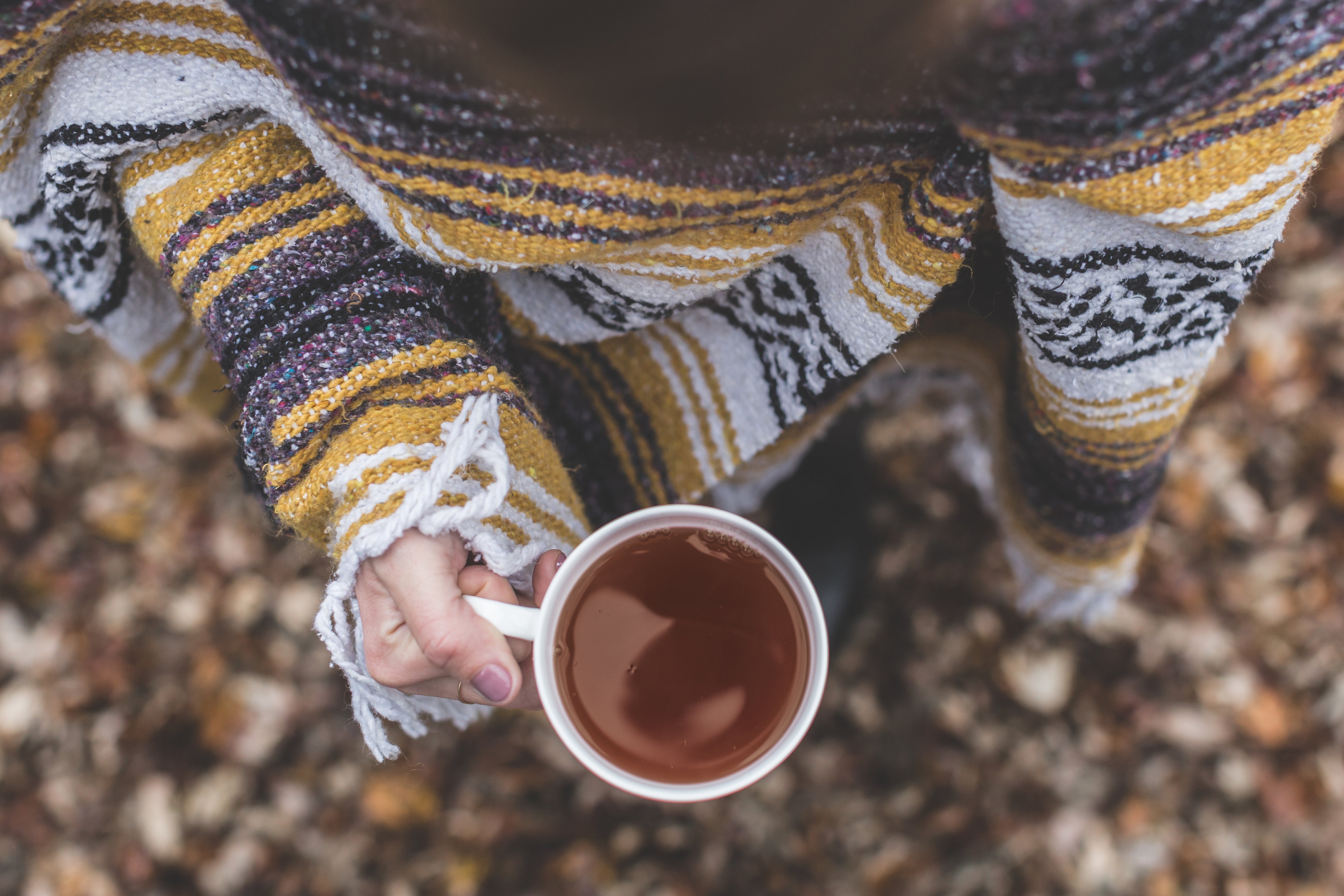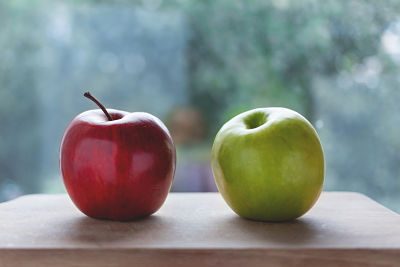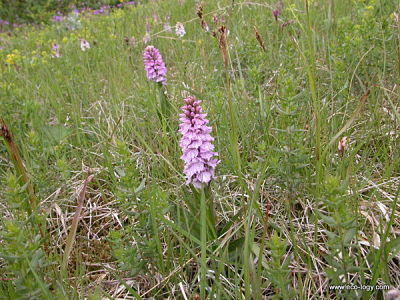Orchids of Iceland
Plants belonging to the orchid family have small but
nicely shaped flowers. These plants are perennial and
grow best on humus-rich soils. The seeds are small and
require a special fungus to germinate. In the Tropics
orchids are commonly epiphytes along with bromeliads.
Some orchids are parasitic having little or no
chlorophyll. One of the orchids growing in Iceland,
Coralroot Orchid (Corallorhiza trifida), lacks
chlorophyll.
In Iceland you find six species of orchids growing on
good calcareous soils. Some of the orchids, e. g., Common
Twayblade (Listeria ovata) have yellowish-green flowers.
Common Twayblade is characterized by two opposite large egg
shaped leaves. Lesser Twayblade (Listeria cordada) also
has two opposite leaves, while being a more delicate
plant than Common Twayblade. Lesser Twayblade carries small
reddish brown flowers.
The Northern Butterfly Orchid (Platanthera hyberborea)
carries a spike of pale green flowers and lanceolate
stem-clasping leaves. Iceland is the only place in
Europe where this species occurs. In Iceland this
species grows on lush heath and thrives best in good
shelter. The Northern Butterfly Orchid grows in
neighbouring Greenland and in diverse habitat in
northern and western parts of North America.
The White Frog Orchid (Pseudorchis albida) is widespread
across Europe from Ireland south to the Balkans, and as
far north as Scandinavia. In Iceland this species grows
in diverse vegetation on heaths, mires and grasslands.
Orchids are associated with fertility in Icelandic
folk-tradition and this is quite true for Heath Spotted
Orchid (Dactylorhiza maculata) with its characteristic
roots. It grows in woodlands as well as in semi-wet
vegetation.
Fáðu nýjustu fréttir og tilboð frá Þund!
Get updates and special offers from Thund!

